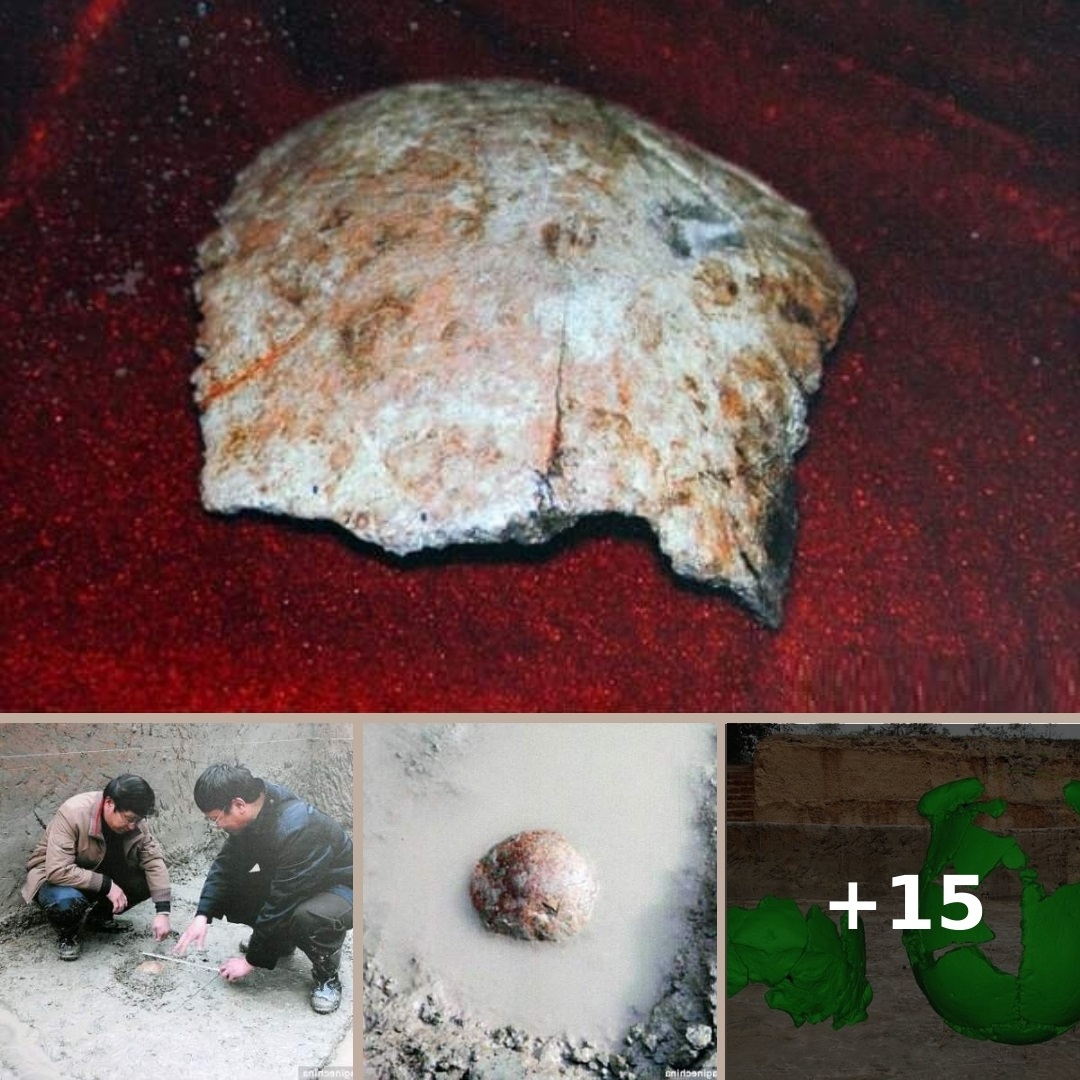Scientists have discovered two mysterious ancient skulls in central China that are more than 100,000 years old. This discovery once again causes the world to ask a big question about the origin of mankind.
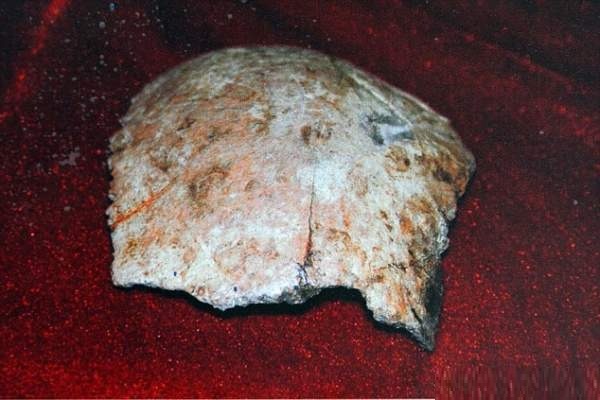
This disproves the popular hypothesis that modern humans arose in Africa and then in other parts of the world.
Human skull discovered in Xuchang, Henan province, China.
The first skull was discovered in 2007 and the second in 2014. These two skulls are known by scientists as “Xuchang Man”.
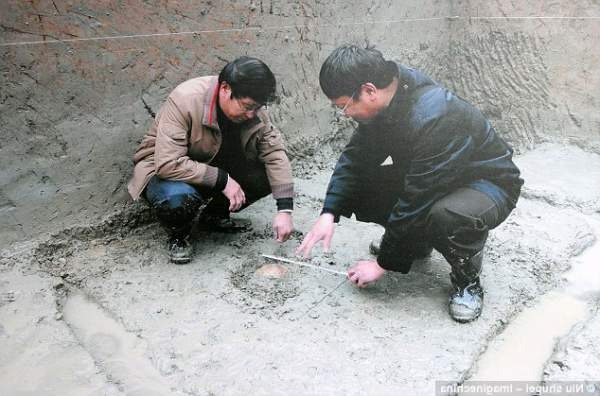
The two skulls are about 100,000-130,000 years old. Traces of ancient humans have features of both native Chinese, Neanderthals and modern humans. Scientists think it belongs to a human species that we have never known.
This is the result of a collaboration between researchers from the US and Chinese researchers, published in the journal Science.
Li Zhanyang, a researcher at the Henan Institute of Archaeological Research and Cultural Relics, said the “Xuchang people” discovered in 2007 have similar characteristics to modern humans and may be the closest ancestors of humans. Modern China. Scientists will need to analyze the DNA for further study.
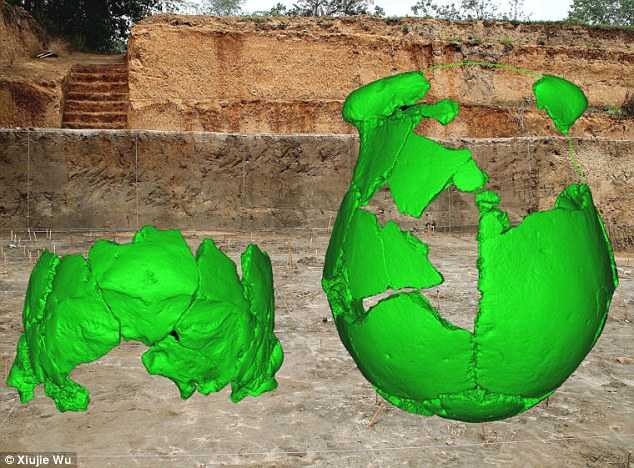
Wu Xiujie, a researcher with the Chinese Academy of Sciences, told Xinhua News Agency: ” Its features are like a cross between Eastern and Western humans.”
This discovery suggests that humans may be descendants of many archaic populations that emerged in prehistoric civilizations that were destroyed.
According to the researchers, the time when these skull-possessed humans lived could be in the Pleistocene, about 105,000 to 125,000 years ago.
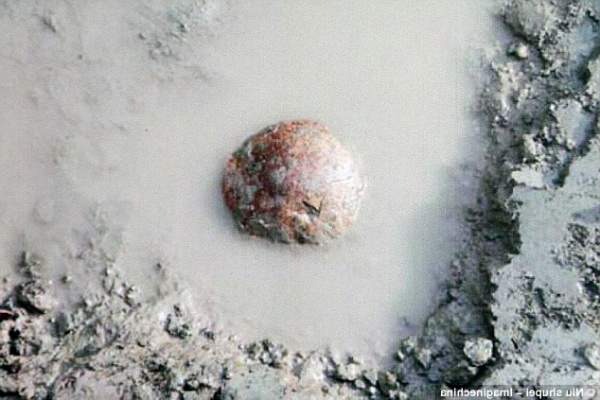
They also found nearby bones from horses and cattle, such as fine-haired rhinoceros or the long-extinct giant giraffe.
Before the discovery of the skull in 2007, ancient human fossils had been found all over China with some dating back to 2 million years ago.
“ China is rewriting human ancestral history. I am very excited with this new discovery, ” said paleontologist María Martinón-Torres, of the University of London.
